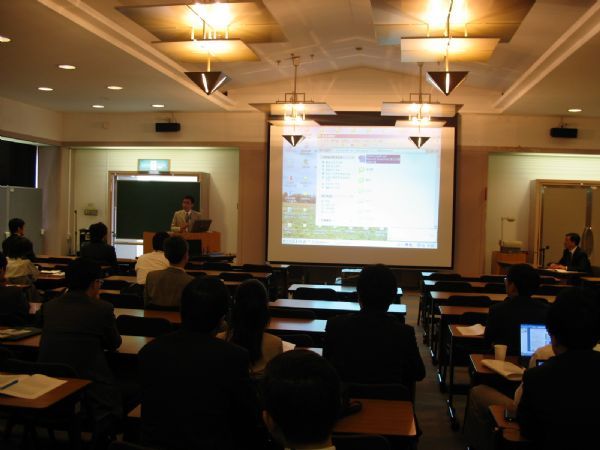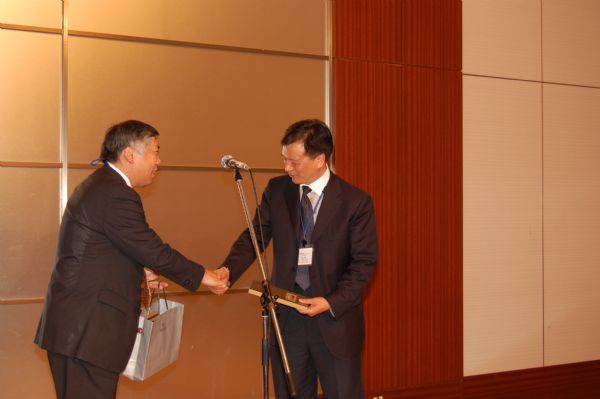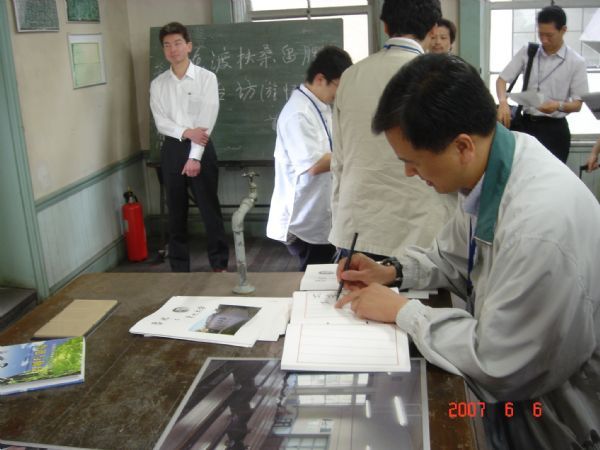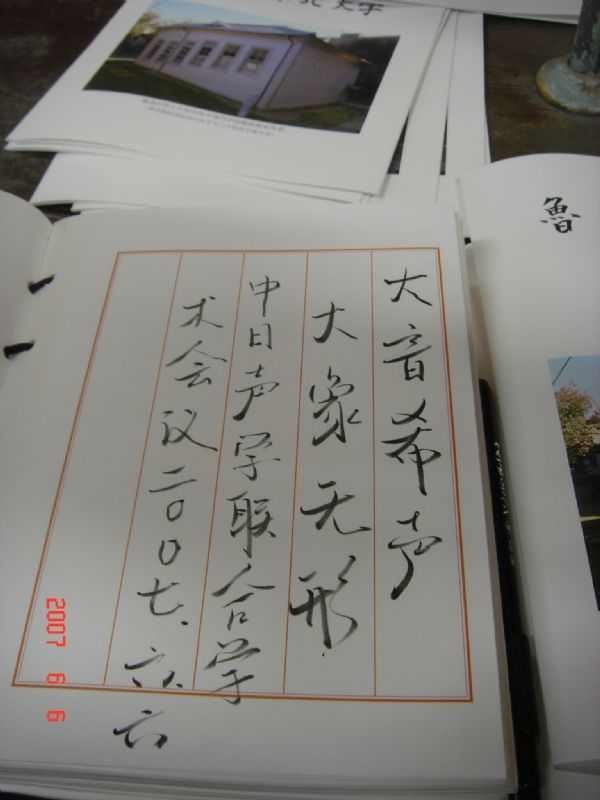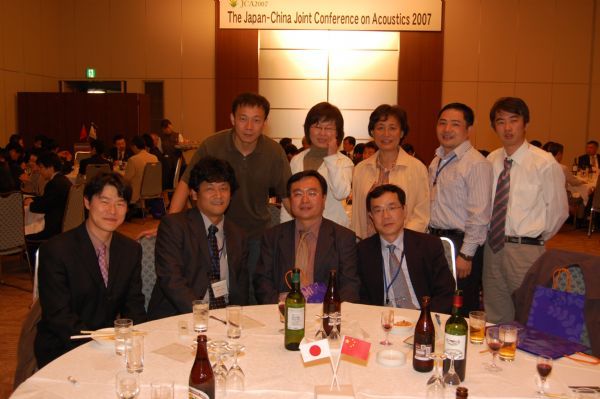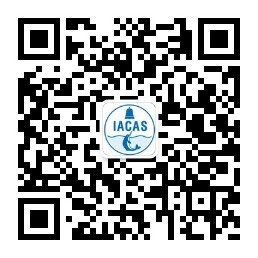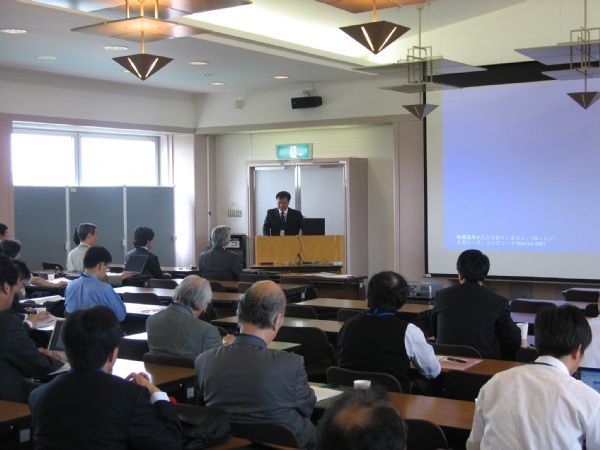
2007 China-Japan Joint Conference on Acoustics was successfully held in Sendai of Japan during Jun.4 to Jun.7, 2007. Under the leadership of Prof. Tian Jing, the Director of ASC and the IACAS, more than 20 experts and researchers in this field participated in the conference. They were from IACAS, Institute of Automation, CAS, Nanjing University, Tongji University and Huazhong University of Science and Technology and so on. Prof. Yan Yonghong, Prof. Li Xiaodong, Prof. Yang Jun and Prof. Li Fenghua of our institute also attend the conference.
Since the first joint conference was held in Shanghai in 1985, the two parts were active in organizing the further cooperation between two sides and successfully held the 2nd and 3rd conference in Beijing and Nanjing, respectively. These three conferences provided a broad platform to promote the academic exchanges and friendship between the Chinese and Japanese researchers in acoustics field. This year's conference was the 4th one and the theme of the conference was "Acoustics as the Human Technology in the New Era". The contents included all areas of the acoustic study. 4 special sessions were organized with particular interest: Bio-Acoustics, Acoustics for Future IT, 3-D reproduction/Audio reality and Speech signal processing/Coding/enhancement. All together, 18 invited talks were arranged and 102 papers were submitted to the organization committee. The researchers gave 2 subject talks and 4 plenary reports on behalf of our institute. Prof. Yan Yonghong and Prof Yang Jun of our institute and Prof. Akira Omoto and Prof. Kazushi Yamanaka were assigned to do the keynote speeches. The speech Prof. Yan gave us titled Content-based Search: The Next Big Thing for Intelligent Audio Processing. In his report, he introduced the recent research and development trends of audio study and analyzed the hot issues of this field in the international world. He shared the latest research achievements of ThinkIT lab and his understanding and feeling in intelligent audio processing. At last he also expressed his best wished for the future development of speech technology and application. Prof. Yan's report received loud applause and the audience had a warm discussion with Prof. Yan on the questions they interested in.
After the conference, the attendants also had the chance to visit the Tohoku University, which was developed from the Sendai Medical School Lu Xun once studied medicine. The Lu Xun Monument stood in the campus. All the visits couldn't help taking photograph to save the previous memory. It is said that there are more than 1000 foreign students in Tohoku University, among whom more than half were form China. These Chinese students took the respectful Lu Xun as example. They worked hard to render service for our great country and tried their best to make contribution to the Sino-Japan friendship. In the classroom Lu Xun once studied in, Director Tian Jing formally wrote down the sentence: "Great music has the faintest notes, Great form is beyond shape", which was from Lao Zi's "Tao Te Ching". Through this sentence, Director Tian vividly presented our forefather's understanding of tone and sound. And he also hoped that all the colleges in this filed should devote ourselves to the acoustic study and try to achieve the perfect realm in this field.
